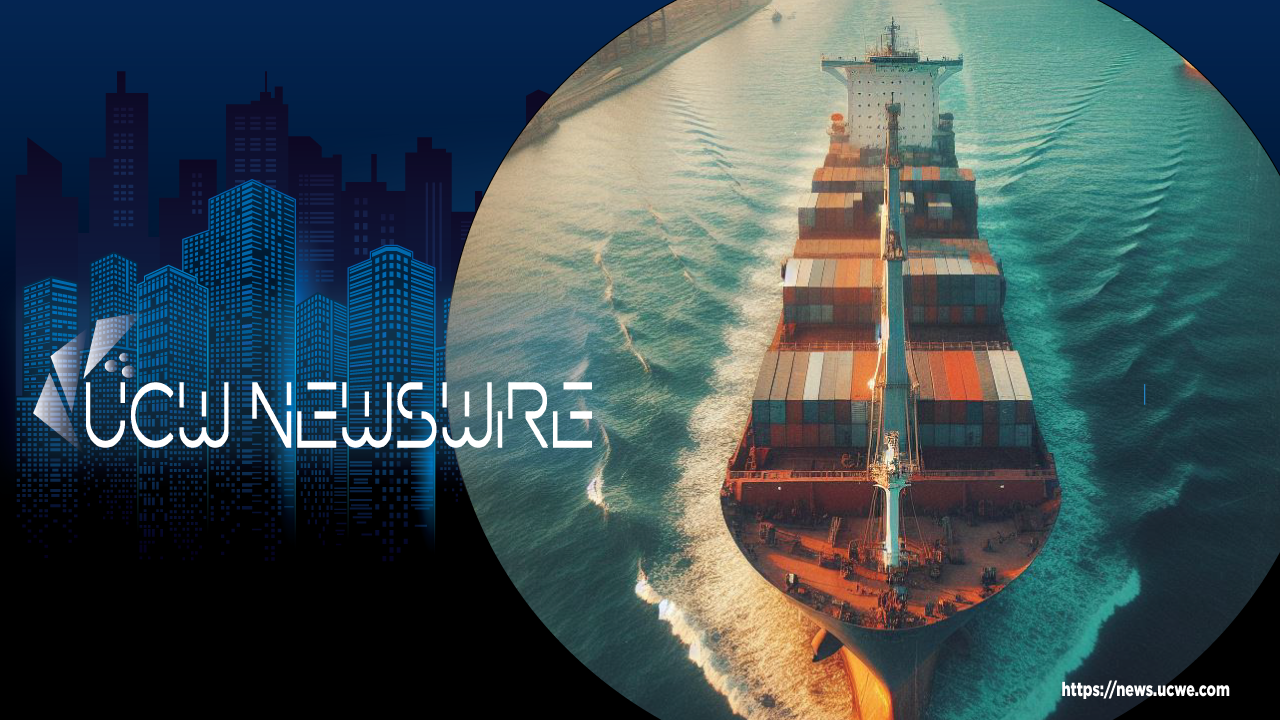DSV A/S Set to Dominate Global Logistics with $15.9 Billion Acquisition of DB Schenker
In a major move shaking up the global logistics industry, Danish firm DSV A/S surged 10% in value this week, adding $4 billion to its market capitalization, as it nears

In a major move shaking up the global logistics industry, Danish firm DSV A/S surged 10% in value this week, adding $4 billion to its market capitalization, as it nears a €14.3 billion ($15.9 billion) all-cash deal to acquire DB Schenker, a division of Germany’s Deutsche Bahn. The acquisition will cement DSV’s position as a major player in air, sea, and road freight, creating a logistics powerhouse with combined revenues of €40 billion.
The deal, which is currently awaiting final approval from Deutsche Bahn’s supervisory board, would transform DSV into one of the largest freight operators worldwide. However, while the transaction appears costly at 14 times DB Schenker’s last 12 months’ operating profit, DSV believes it can elevate its new acquisition’s operating margins, currently at 5.9%, to match its own, which are double that. This is expected to unlock €1.6 billion in additional operating profits, creating a return of nearly 10% on DSV’s investment.
The market’s reaction reflects optimism about the economies of scale and operational efficiencies that DSV can harness by integrating Schenker into its existing logistics platform. UBS analysts project that the synergies from the acquisition could significantly boost DSV’s bottom line, making the hefty price tag worthwhile.
The Competitor’s Perspective
Not everyone is celebrating. CVC Capital Partners, a private equity giant, was the main contender in a bidding war for DB Schenker. CVC had proposed a more complex deal, reportedly valued at €16 billion, which included ongoing German government involvement. However, Deutsche Bahn opted for the clarity and long-term certainty offered by DSV’s bid. Despite staying in the race until the end, CVC now faces a bruising defeat, a reminder of the growing challenges private equity firms face in securing large acquisitions against corporate buyers with easier access to equity and debt financing.
For Deutsche Bahn, the sale to DSV also carries a non-financial dimension. The German government-run company secured unspecified “social undertakings” for Schenker employees, ensuring job protections for two years after the acquisition, a factor that likely weighed heavily in the final decision.
Private Equity’s Uphill Battle
This transaction illustrates the increasingly difficult terrain for private equity firms trying to compete for large acquisitions, particularly in a post-cheap debt environment. With corporate rivals like DSV able to tap into ready financing and leverage synergies, the deal landscape is shifting. Even other logistics giants, such as AP Moller-Maersk, bowed out of the race in July.
Ultimately, DSV’s acquisition of DB Schenker signals a new era for the global logistics industry, positioning the Danish firm as a dominant force in a highly competitive market. While the deal has yet to receive its final approval, DSV’s soaring stock price suggests investors are already banking on a successful integration.
David Thompson
Financial Desk

